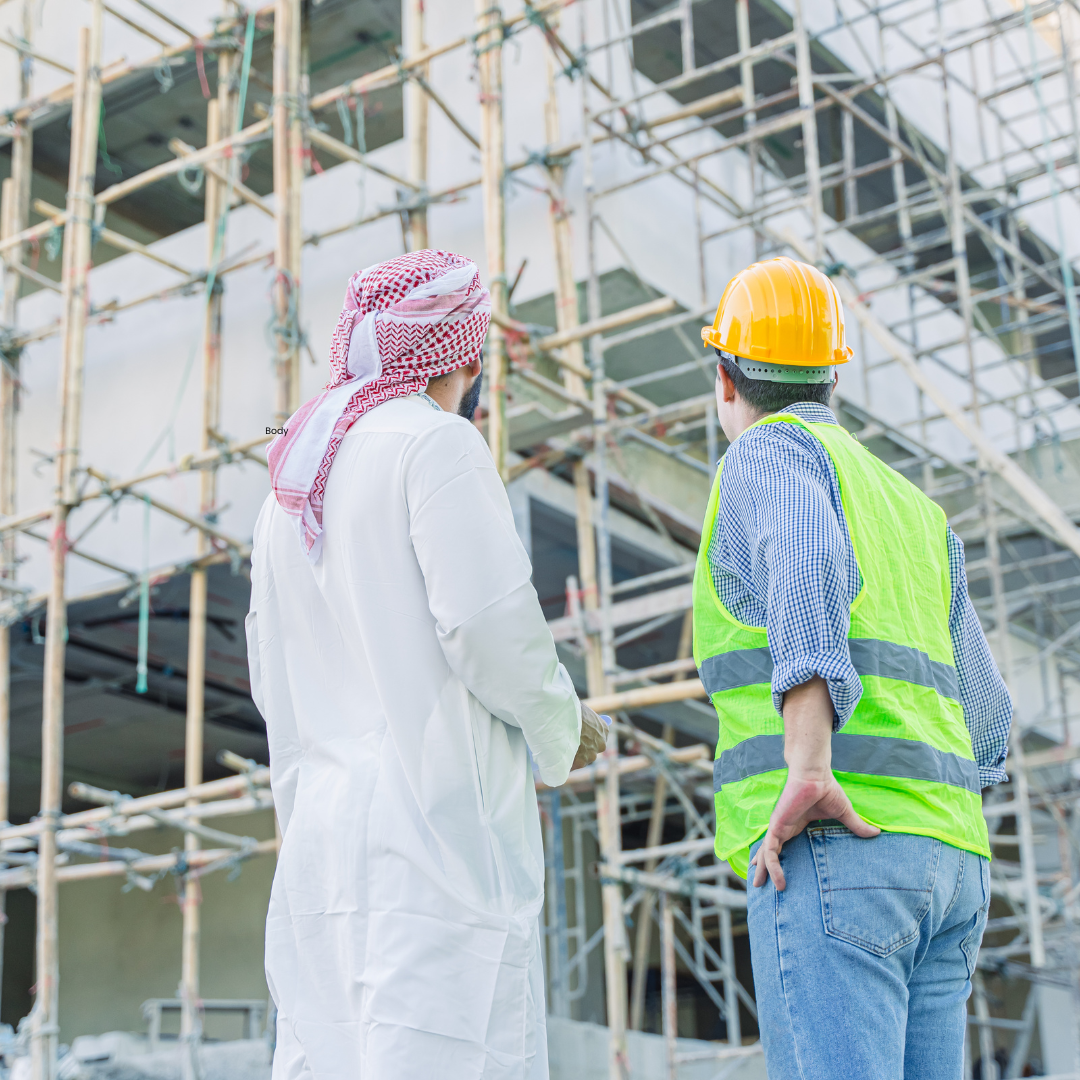
Navigating Contractor, Developer, and Investor Disputes in the UAE: A Legal Perspective
The United Arab Emirates (UAE) has one of the most dynamic real estate markets in the world, attracting contractors, developers, and investors from across the globe. However, with rapid growth and large-scale projects comes the potential for disputes. Conflicts between contractors, developers, and investors can arise over various issues, from delays and payment disputes to defects in construction and breaches of contract. This blog will explore the common causes of these disputes, the legal frameworks that govern them, and the strategies available for effective resolution.
1. Common Causes of Disputes
Disputes in the construction and real estate sectors can stem from several sources. Understanding these common causes is essential for preventing and resolving conflicts.
-
Payment Disputes: One of the most frequent causes of disputes between contractors and developers is non-payment or delayed payment. Contractors may claim that developers have not fulfilled their payment obligations as per the contract, while developers may argue that the contractor has not completed the work to the agreed standard.
-
Construction Delays: Delays in project completion can lead to significant disputes. Developers may seek compensation for losses incurred due to delays, while contractors might claim that delays were caused by factors beyond their control, such as unforeseen site conditions or changes in project scope.
-
Defects in Construction: Investors and developers often have high expectations for the quality of construction. When a project fails to meet these expectations, disputes can arise over the responsibility for defects, the cost of repairs, and potential compensation.
-
Contractual Breaches: Disagreements over the interpretation of contract terms are another common source of conflict. Disputes may arise if one party believes the other has breached the contract, whether through failure to meet deadlines, non-compliance with specifications, or other contractual obligations.
-
Changes in Project Scope: During the course of a construction project, changes in scope are common. However, if these changes are not properly documented and agreed upon, they can lead to disputes over costs, timelines, and responsibilities.
2. Legal Framework Governing Disputes
The UAE’s legal system provides a comprehensive framework for resolving disputes in the construction and real estate sectors. Several key laws and regulations govern these types of conflicts.
-
UAE Civil Transactions Law (Federal Law No. 5 of 1985): This law outlines the general principles of contract law in the UAE. It covers issues such as contract formation, interpretation, and enforcement, which are central to resolving disputes between contractors, developers, and investors.
-
Dubai Real Estate Regulatory Agency (RERA): In Dubai, RERA plays a crucial role in regulating the real estate market, including overseeing developer activities. RERA has established specific guidelines and regulations that developers must follow, which can impact dispute resolution.
-
Construction Contracts: The UAE often uses standard forms of construction contracts, such as those provided by the International Federation of Consulting Engineers (FIDIC). These contracts include specific clauses related to dispute resolution, including arbitration, mediation, and other forms of alternative dispute resolution (ADR).
-
Arbitration Law (Federal Law No. 6 of 2018): Arbitration is a common method for resolving construction disputes in the UAE. The UAE Arbitration Law provides a legal framework for conducting arbitration proceedings, including the recognition and enforcement of arbitral awards.
3. Strategies for Resolving Disputes
When disputes arise between contractors, developers, and investors, several strategies can be employed to resolve them effectively. The choice of strategy often depends on the nature of the dispute, the relationship between the parties, and the desired outcome.
-
Negotiation: Direct negotiation between the parties involved is often the first step in resolving a dispute. Negotiation allows parties to discuss their issues openly and reach a mutually acceptable solution without the need for formal legal proceedings.
-
Mediation: Mediation involves a neutral third party who facilitates discussions between the disputing parties to help them reach a settlement. Mediation is less formal than arbitration or litigation and can be a faster and more cost-effective way to resolve disputes.
-
Arbitration: As a popular method of dispute resolution in the UAE, arbitration involves an independent arbitrator or panel who makes a binding decision on the dispute. Arbitration is often preferred in the construction sector due to its confidentiality, speed, and the expertise of arbitrators in technical matters.
-
Litigation: When other methods fail, litigation may be necessary. Disputes are brought before the UAE courts, where a judge will make a final ruling. While litigation can be time-consuming and costly, it may be the best option for complex disputes or cases where other methods have not succeeded.
-
Expert Determination: In technical disputes, such as those involving construction defects or engineering issues, expert determination can be used. An independent expert is appointed to evaluate the dispute and provide a binding or non-binding decision based on their technical knowledge.
4. Preventive Measures
To minimize the risk of disputes, it is crucial for contractors, developers, and investors to take proactive measures throughout the lifecycle of a project.
-
Clear Contracts: Ensure that contracts are comprehensive, clear, and well-drafted. All terms and conditions should be explicitly stated, and provisions for dispute resolution should be included.
-
Regular Communication: Maintain open and regular communication between all parties involved in the project. This helps prevent misunderstandings and allows for early identification of potential issues.
-
Proper Documentation: Keep detailed records of all project-related documents, including contracts, change orders, correspondence, and progress reports. Proper documentation is essential for defending your position in the event of a dispute.
-
Risk Management: Identify potential risks early in the project and develop strategies to mitigate them. This includes financial, operational, and legal risks that could lead to disputes.
Conclusion
Disputes between contractors, developers, and investors are a common challenge in the UAE’s construction and real estate sectors. Understanding the common causes of these disputes, the legal framework that governs them, and the strategies available for resolution can help parties navigate conflicts effectively. By taking preventive measures and choosing the appropriate dispute resolution method, stakeholders can protect their interests and ensure the successful completion of their projects.

